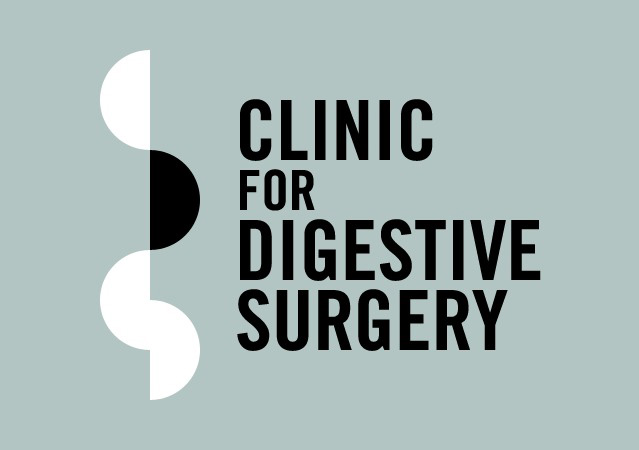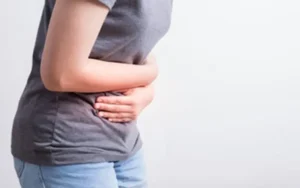We’ve all felt it at some point: that uncomfortable, tight sensation in your abdomen that just doesn’t seem to go away. If persistent bloating has become a regular part of your life, you’re not alone. While occasional bloating after a heavy meal might not raise concerns, consistent bloating could be a sign of something more. So, what’s causing it, and how can you find relief? Let’s break it down together.
What Causes Persistent Bloating?
Bloating can be triggered by a wide range of factors, from everyday habits to underlying health conditions. Understanding the root cause is key to finding a solution. Here are some common culprits:
1. Dietary Choices
Certain foods are notorious for causing bloating, including:
- High-fibre foods like beans, lentils, and cruciferous vegetables (e.g., broccoli and cabbage).
- Dairy products, particularly for those who are lactose intolerant.
- Carbonated drinks, which introduce excess gas into your digestive system.
- Processed foods high in salt, which can lead to water retention.
2. Swallowed Air
You might unknowingly be swallowing air while:
- Eating too quickly.
- Talking while chewing.
- Consuming gum or fizzy drinks.
This excess air can accumulate and lead to a bloated sensation.
3. Gut Health Issues
An imbalanced gut microbiome can contribute to bloating. Conditions like small intestinal bacterial overgrowth (SIBO) or an overgrowth of certain bacteria in your digestive system can cause excess gas production.
4. Food Intolerances
If your body struggles to digest certain foods, bloating may follow. Common intolerances include:
- Lactose intolerance: Difficulty digesting dairy products.
- Gluten sensitivity: Adverse reactions to wheat, barley, or rye.
- Fructose malabsorption: Trouble digesting fruits and sweeteners high in fructose.
5. Medical Conditions
In some cases, persistent bloating might indicate an underlying medical condition, such as:
- Irritable bowel syndrome (IBS): A common disorder affecting the large intestine.
- Coeliac disease: An autoimmune condition triggered by gluten.
- Gastroparesis: Delayed stomach emptying that leads to bloating.
- Gynaecological conditions: Such as ovarian cysts or endometriosis.
How Can You Treat Persistent Bloating?
Addressing bloating requires a tailored approach based on its cause. Here are some strategies that can help:
1. Dietary Adjustments
- Track your meals: Keep a food diary to identify potential triggers.
- Try smaller portions: Eating smaller, more frequent meals can ease digestion.
- Limit certain foods: Cut back on high-fibre or gas-producing foods temporarily to see if symptoms improve.
2. Improve Eating Habits
- Eat slowly and chew thoroughly.
- Avoid talking while eating.
- Skip fizzy drinks and gum to minimise swallowed air.
3. Focus on Gut Health
- Consider adding probiotics to your diet to support a healthy gut microbiome.
- Include fermented foods like yoghurt, kefir, or sauerkraut for natural probiotics.
4. Stay Active
Physical activity can help your digestive system work more efficiently, reducing bloating. A short walk after meals can be particularly beneficial.
5. Hydration and Fibre Balance
- Stay hydrated to help your digestive system process fibre effectively.
- Gradually increase your fibre intake to avoid sudden bloating from dietary changes.
When to Seek Medical Advice
While occasional bloating can often be managed with lifestyle adjustments, persistent or severe symptoms may require expert evaluation. Consider seeing a specialist if you experience:
- Prolonged bloating that doesn’t improve with dietary changes.
- Abdominal pain or discomfort.
- Changes in bowel habits, such as diarrhoea or constipation.
- Unexplained weight loss.
- Difficulty eating or swallowing.
Early intervention can help diagnose underlying conditions and prevent complications.
Find Relief and Regain Comfort
Persistent bloating doesn’t have to be your norm. By understanding the causes and exploring targeted treatments, you can take control of your digestive health and enjoy a more comfortable life.
Struggling with bloating? The Clinic for Digestive Surgery is here to help. Our team specialise in diagnosing and treating a range of digestive issues. Contact us today to schedule a consultation and find your path to relief.










